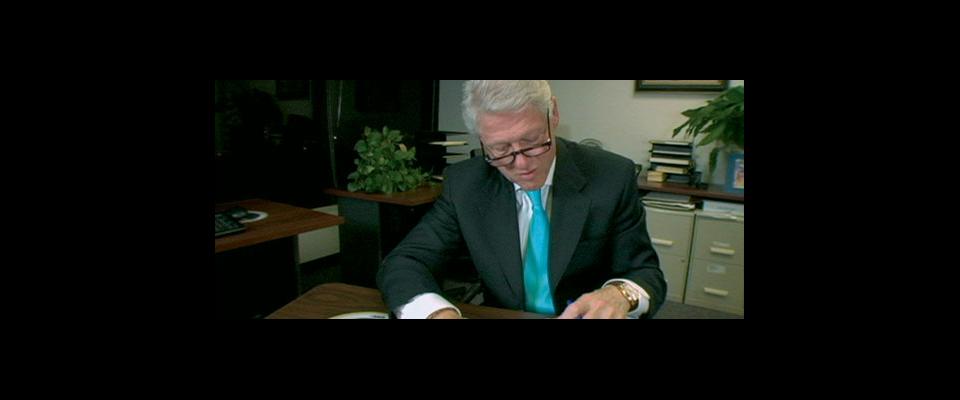IMPACT: It’s hard to imagine a time when people believed that the brain was immutable and that, like a game of cards, you’d simply play out the hand you were dealt when it came to smarts, skills, and memory. That’s the small-minded thinking that greeted Diamond and a team of other Berkeley profs back in the 1960s when they presented data to colleagues showing that the brain grew with use and got smaller with disuse. But they kept at it. The idea took root in pop culture in the 1980s as the oldest of the baby boomers turned 40 and started thinking hard about memory loss. Enter Small, director of the UCLA Center on Aging, and a major figure in the popularization of the idea that memory games and brain exercises can help keep your memory and maybe even prevent Alzheimer’s. Today, the Alzheimer’s Association is working with the Centers for Disease Control on a national action plan to promote brain health. Crosswords are generally considered a mental workout as well as a way to pass the time. Diamond and Small won’t say that the current popularity of the logic-based puzzle Sudoku is attributable to their work, but they believe the game’s millions of players won’t be sorry they stayed up late crunching numbers and stuffing them into that unforgiving grid.
EUREKA MOMENT: The Center on Aging began offering a memory training course in 2003 adapted from Small’s research and taught by volunteers, and designed for “older adults.” But the class was quickly crashed by baby boomers, young adults, even teenagers, and Small realized that brain workouts are not just for “the 70-year-old grandmother who forgets her lunch date, but also the soccer mom who forgets to pick up her kids.” The “older adults” phrase was gone from the course title within



















